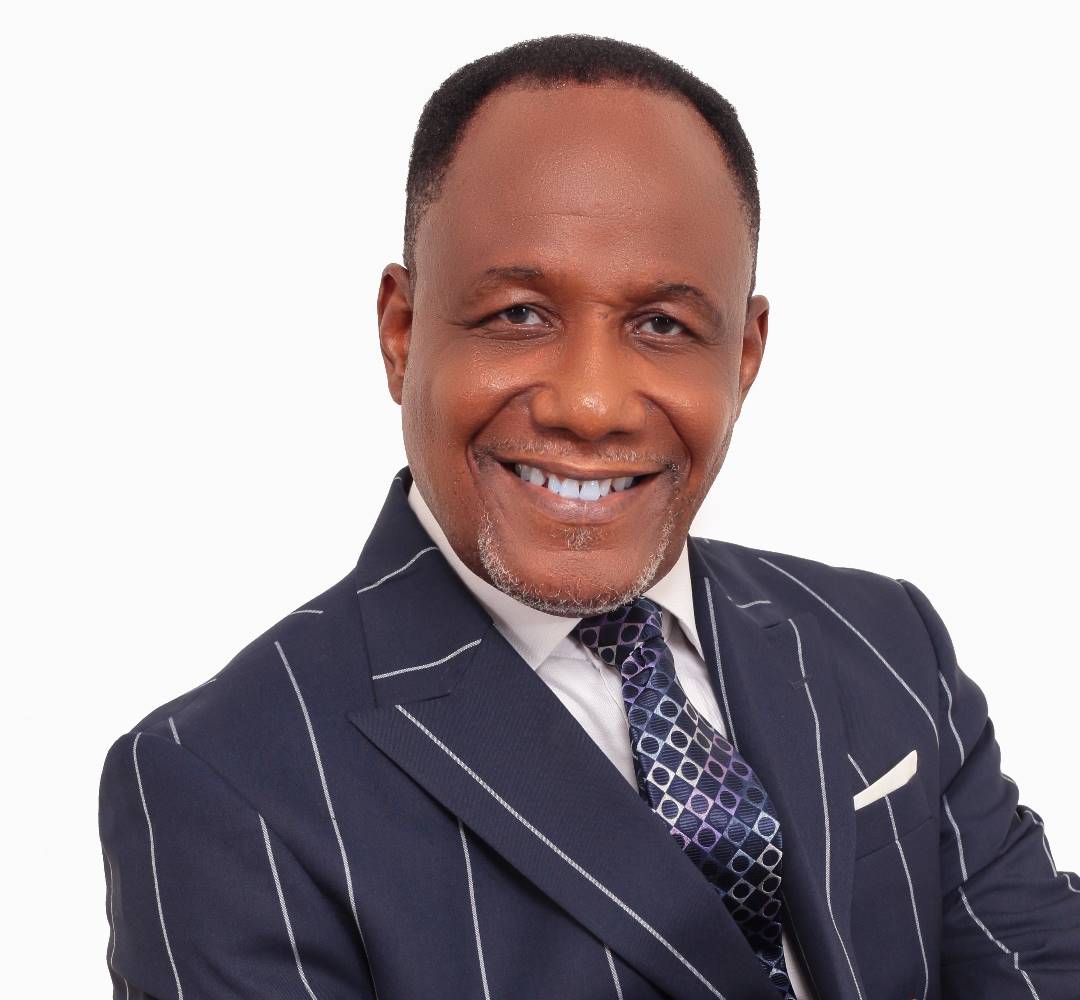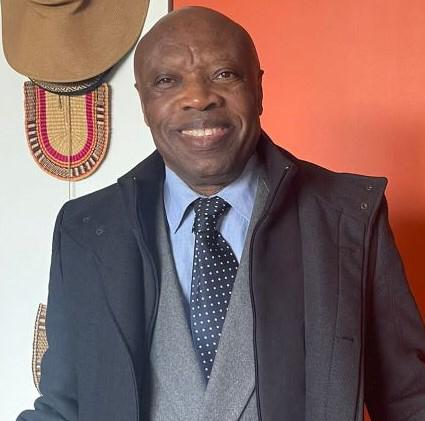Get to Know Us Our mission & Vision
Mobilizing and galvanizing a united front that facilitates a more effective campaign by Independent Thinkers, their allies and their candidates to win a mandate to govern and/or influence others to govern in accordance with the commitments undertaken as a social contract with citizens of Ghana in the People’s Charter.
We envision a united group of individuals, led by men and women of integrity, competence and a deep love for their country and its people. They will be the drivers of development, working towards a better Ghana for the prosperity of all Ghanaians, rather than just a privileged few and their associates
Get to Know Us Aims & Objectives
OUR AIMS AND OBJECTIVES We have presented an overview of some of our Aims and Objectives. The comprehensive list is available in our Manifesto which is being finalised.
1. AGRICULTURE: It is absurd that Ghana, which is endowed with abundant fertile lands, has to import onions, tomatoes, plantains, garden eggs, okro and even ginger. It's disheartening to note that 80% of the onions consumed in Ghana come from Niger and Burkina Faso. Furthermore, in 2021, 26% of the onions consumed in Ghana were imported from China. Consequently, GFC aims to transform Ghana into a breadbasket for West Africa by establishing clusters or hubs near the Volta Lake with year-round irrigation facilities for the production of essential items. A government led by GFC will prioritize mechanization and create strong linkages with agricultural and industrial research, agribusiness and related value chains, ultimately generating employment opportunities for the youth nationwide. It is crucial to remember that our country's sustainability hinges on our ability to self-sufficiently produce what we have control over. We will aim to make Ghana self sufficient in food production within the first two years of our government and a net exporter of food within four years.
2. MINING AND NATIONAL WEALTH: Ghana is endowed with rich mineral resources such as gold, diamonds, bauxite and others. Unfortunately, the corrupt contractual arrangements made by successive governments have benefitted only very few Ghanaian politicians, their cronies and their foreign business partners to the disadvantage of the broad generality of Ghanaian citizens. This disenfranchisement of the Ghanaian people has created another problem - illegal mining (known as ‘galamsey’) which is now posing a direct threat to national security in the havoc that it has already wreaked on the environment. Deforestation, land degradation and water pollution have now become commonplace in the gold mining areas of our country. Furthermore, the improper and indiscriminate disposal of poisonous chemicals (such as lead, mercury, arsenic and other heavy metals used in galamsey mines) poses significant health hazards to both humans and animals in the affected areas and beyond. Scientists have warned that if this tide is not stemmed urgently, Ghana will have to resort to importing potable water within the next three years. The accompanying loss of revenue to the state as the minerals mined are smuggled out of the country cannot be over emphasised. It is now well established that the same government officials who short-changed the nation with bogus and fraudulent contracts over her gold reserves are the same officials behind most of the galamsey activities in our nation. A GFC-led government will aim to put Ghana first by reviewing all the negative contractual arrangements between Ghana and her foreign investors. The aim will be to restore this wealth to the rightful owners – all the citizens of Ghana. All mining activities will be suspended until proper modalities are established to ensure that every mining process will be in harmony with the environment and does not harm our natural resources.
3. EDUCATION: We aim to develop a new philosophy of education that has as its goal the production of graduates who are thoroughly equipped to excel in academic, technical and vocational skills and in living good and ethical lives. By devising appropriate curricula, to reflect this new philosophy, students would be made to grapple with the academic, technical as well as ethical issues as an integral part of their development. Creativity, rational thinking and problem solving will become integral parts of the life of every student, to replace the current model of ‘rote learning’. What is more, it will be fit for purpose and would serve as a catalyst for the industrial development of every sector of our economy. GFC’s policies will ensure that nobody is left behind. The financing of education is in a mess in our nation as the whole sector has been driven over the last eight years by the desire to score cheap political points rather than truly improving and delivering a good quality educational system. The free SHS system, which has clearly failed, will be replaced by a new system where Ghana’s growing middle class, who are able to pay for their wards education are made to do so, while the needy who cannot pay will be provided with scholarships in a transparent system.
4. ACCOUNTABILITY; LAW AND ORDER: Currently, it appears that there are no effective checks and balances in place in our nation. Cases of corruption and other offenses are not transparently addressed and matters brought before the law often face interminable delays. Many influential individuals in our society consider themselves above the law. Without law and order, Ghana's future lacks meaningful direction. We will provide full resources to our investigative institutions, enabling them to expedite the investigation of serious or complex financial crimes. We intend to transform the Office of the Special Prosecutor into a Serious Fraud Office (SFO) with the authority to investigate and prosecute such crimes, irrespective of political affiliation. The SFO will operate independently under statutory provisions and will employ covert ubiquitous surveillance capabilities to prevent government interference. The standing of the SFO and its results will position Ghana as a safe and serious destination for investment, creating employment opportunities for our citizens and positively impacting their daily lives.
5. FINANCIAL DECENTRALIZATION PROCESS: There are three arms of decentralization in the public sector - political, administrative and fiscal. In Ghana, political and administrative decentralization exist, but financial decentralization is absent. We have politically decentralized such that each of the 275 constituencies has representatives in Parliament. We also have administrative decentralization, as the government has established: 16 regional administrations; 261 district assemblies and several councils (58 town or area councils); 108 zonal councils; and 626 area councils. Unfortunately, fiscal decentralization, which, by all standards, is a potential panacea for corruption, remains elusive from the narrative. Our present Ministries, which should be visionary and policy-making centres, have unfortunately become procurement hubs as fiscal decentralization has not been embraced. Consequently, the Ministries are exposed to corrupt tendencies. A GFC government will introduce and implement fiscal decentralization, which involves sharing the national cake among the subnational levels. For example, schools, town councils, and health posts, such as Anomabo Clinic (Anomabo is a fishing village with about 15,000 people in the Central Region) will have their own annual budgets and funds allocated directly to them. Funds will henceforth be available at local levels, where decisions are made on everything regarding capital and non-capital expenditure. This will be an efficient fiscal management system where Funds Follow Functions. We believe this will help to minimise corruption in state institutions.
6. KEY INFRASTRUCTURE DEVELOPMENTS:
a. TRANSPORT: Rail, Water Transport and Roads Rail transport will be developed to criss-cross the country as well as pioneering a West African Rail Project that will connect the region to facilitate trade and movement of people. Water Transport based on our huge Volta Lake will be developed and integrated into a new National Transport Policy which will include both rail and road transport.
b. SOLAR ENERGY The amount of sunshine that we receive into our country each day, if properly harnessed will be more than enough for our energy needs. A GFC-led government will invest in the full process of using solar energy; from the local production of the solar panels and accessories to their installation and integration with hydro-electric and other sources of power into the energy delivery mix in this country.
c. UNFINISHED INFRASTRUCTRUE PROJECTS The GFC administration would systematically audit all abandoned projects and make decisions in the best interest of Ghana. These will include: the Saglemi Housing Project (the 5,000 public housing units); the Osagyefo Power Barge (capable of delivering 125MW of electricity); the Komenda Sugar Factory; and the Okomfo Anokye Teaching Hospital Maternity & Children's Block.



